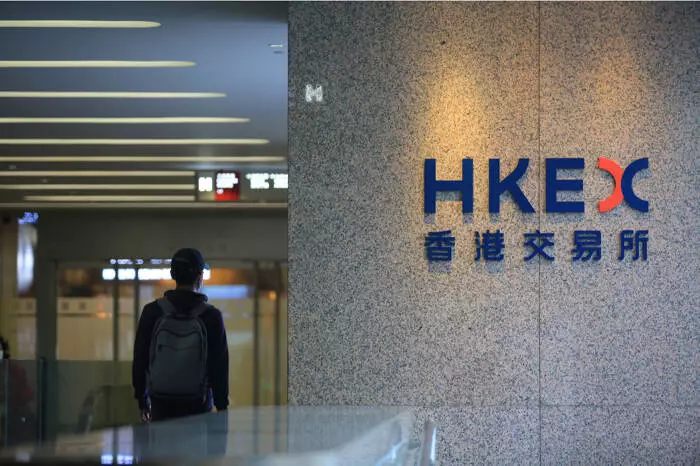In today’s digital landscape, a wealth of financial information is just a click away. However, the challenge lies not merely in accessing this data but in understanding the implications and risks associated with it. Every day, countless articles and reports flood the internet, offering insights into investments, market trends, and economic forecasts. Yet, the average reader often approaches this content without the necessary skepticism or critical thinking skills. This imbalance can lead to misguided financial decisions, potentially resulting in significant losses.
Decoding the Complexity of Financial Instruments
Financial markets are inherently complex, often peppered with jargon and intricate mechanisms that can confuse even seasoned investors. Take cryptocurrencies and contracts for difference (CFDs), for instance. These instruments promise the allure of high returns but also come with exorbitant risks. It is critical for anyone interested in these markets to not only grasp how these products function but to conduct thorough research before diving into them. Relying solely on articles and analyses can be hazardous; personal diligence is paramount.
The Role of Personal Responsibility
Gone are the days when individuals could comfortably rely on experts’ advice to navigate their financial pathways. Today, it is essential for investors to take ownership of their financial decisions. This does not mean negating the value of expert analysis; instead, it emphasizes the need for individuals to support their choices with their own research and understanding. Financial advisors are valuable, but the onus remains on the investor to question, analyze, and clarify any recommendations before execution.
Unpacking the Risks: A Double-Edged Sword
Investing inherently carries risks, and it is crucial to acknowledge this reality. Many financial instruments, including highly speculative assets, can lead to rapid financial degradation if approached carelessly. Articles laden with optimistic projections may overlook the stark possibility of plunging losses. Thus, an educated investor must stride the fine line between opportunity and peril, equipped with the awareness that not all that glitters is gold in the financial world.
The Adage “Trust but Verify” Holds True
As enticing as it may be to trust authoritative sources, this attitude can be misleading without proper verification. The landscape of finance is littered with inaccuracies, and sometimes, even reputable platforms may fail to represent true market conditions or shifts in sentiment accurately. One must establish a habit of cross-referencing information from multiple sources to form a well-rounded perspective. In doing so, readers empower themselves, cultivating a more nuanced understanding of the market dynamics at play.
Never Underestimate Personal Due Diligence
Finally, the importance of personal due diligence cannot be overstated. The responsibility to unravel the complexities of financial choices lies squarely on the shoulders of the individual. Engaging in conversations with knowledgeable friends, reading extensive literature on investment, and practicing simulated trading can accentuate one’s grasp of financial concepts. The road to investment success is paved with knowledge, and the more proactive one is in educating oneself, the more formidable their financial journey will be. Striving for financial literacy is not just a recommendation; it is a necessity for anyone who dares to engage in today’s intricately woven financial ecosystem.

